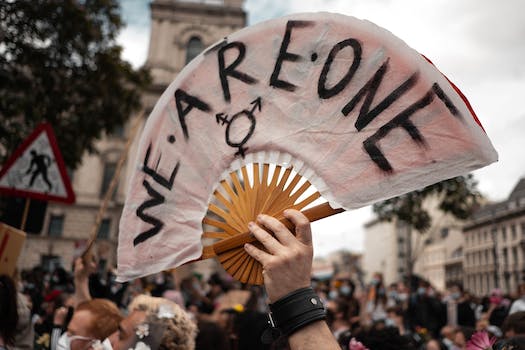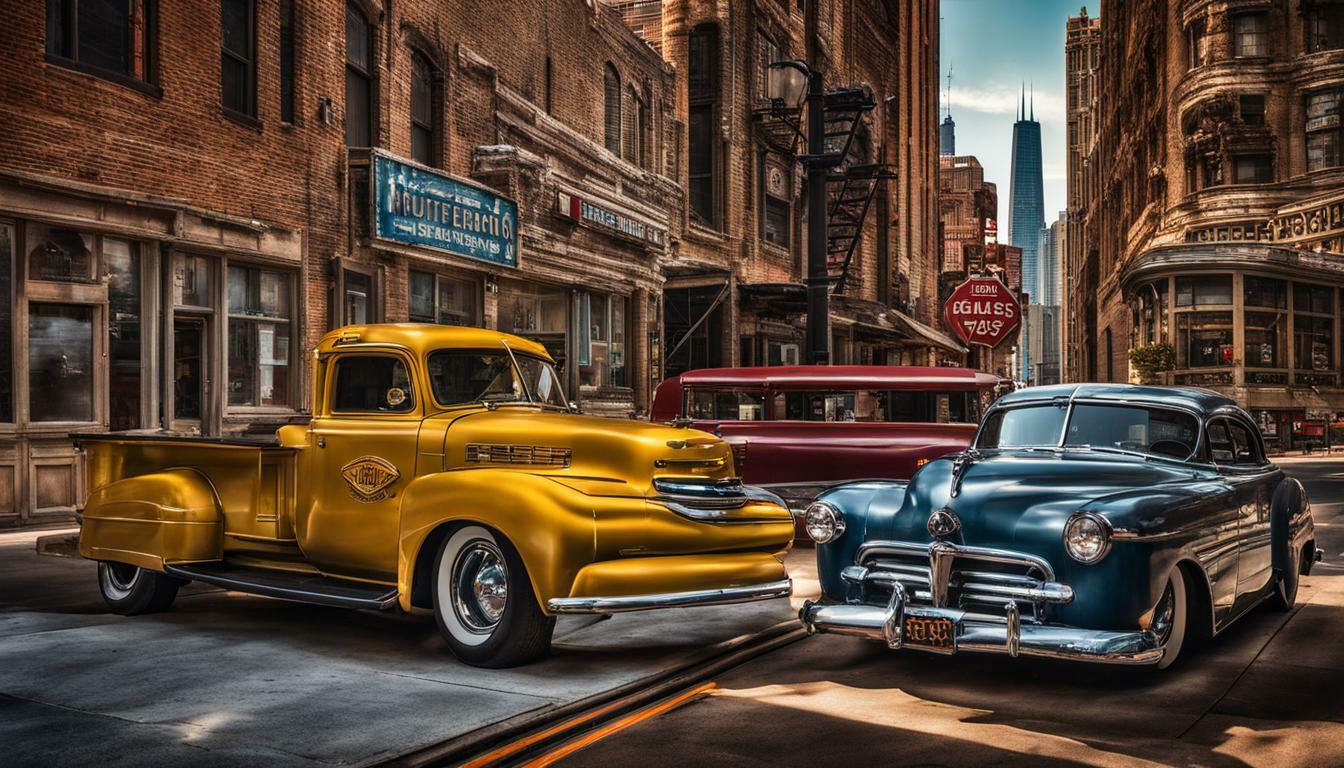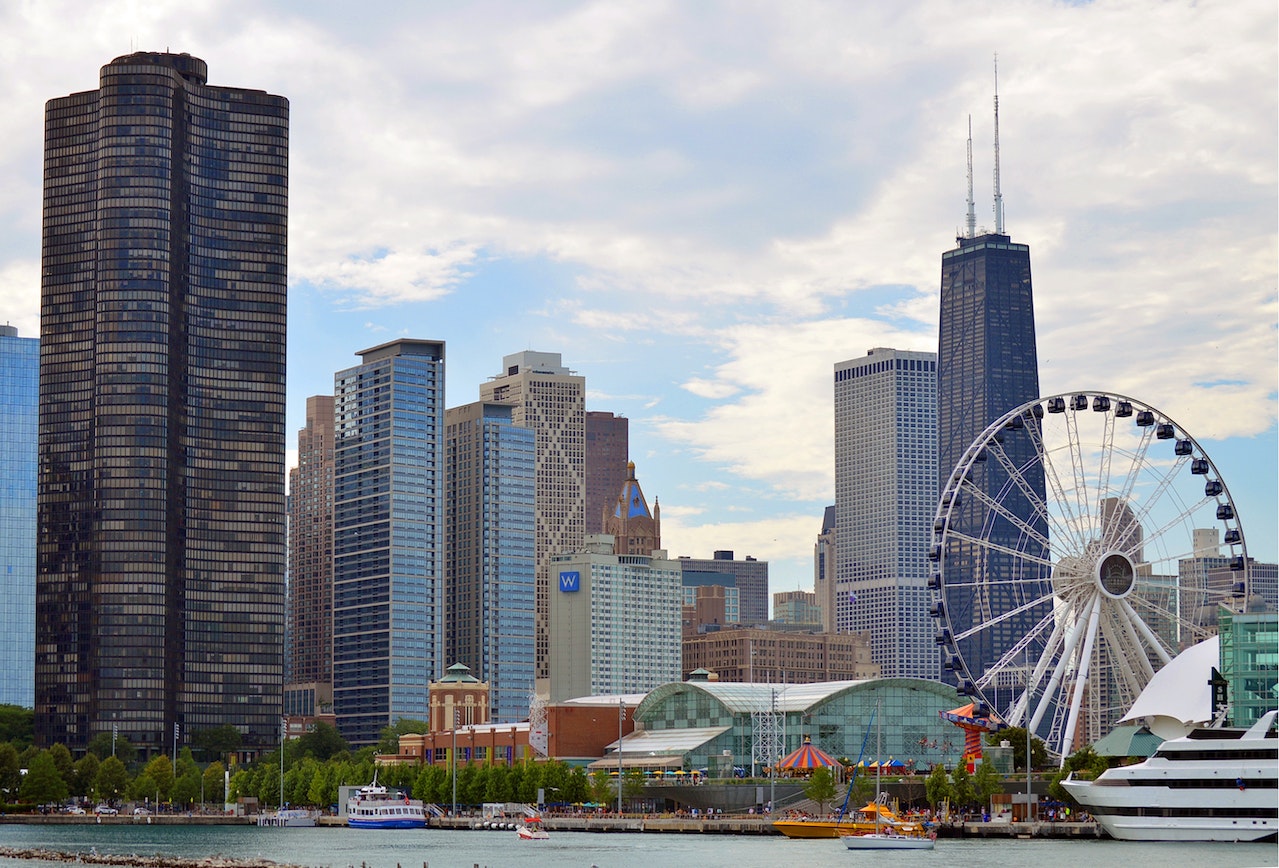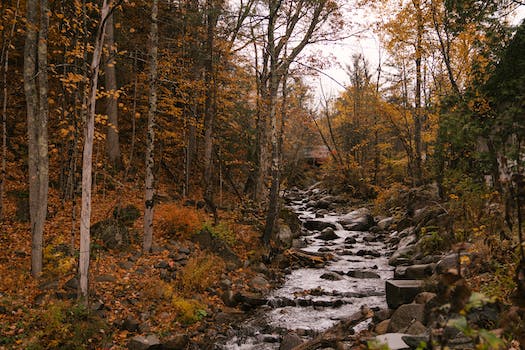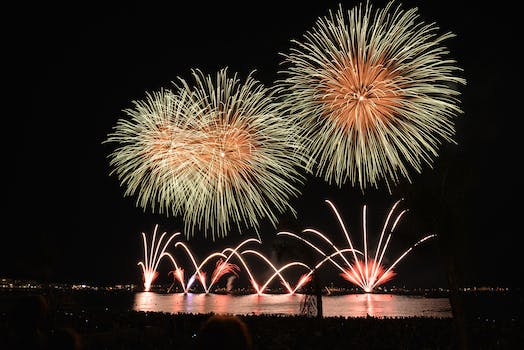The 2014 Chicago Blackhawks Stanley Cup Victory Parade
On June 18, 2014, the city of Chicago was buzzing with excitement as the Chicago Blackhawks celebrated their third Stanley Cup victory in six years. The team had just defeated the Tampa Bay Lightning in a thrilling six-game series, and fans were eager to show their support for the hometown heroes.
The celebration began with a parade through the streets of downtown Chicago, starting at the United Center and ending at Soldier Field. Thousands of fans lined the streets, waving flags and cheering as the players rode by on double-decker buses.
The atmosphere was electric as the players and coaches took turns hoisting the Stanley Cup high above their heads, basking in the adoration of the crowd. Fans chanted “Let’s go Hawks!” and “We want the Cup!” as the procession made its way through the city.
The parade was followed by a rally at Soldier Field, where fans gathered to hear speeches from the players and coaches. The team’s captain, Jonathan Toews, addressed the crowd, thanking them for their support and promising to bring the Cup back to Chicago again next year.
The victory parade was a momentous occasion for the city of Chicago, which has a long and storied history with the sport of hockey. The Blackhawks have been a fixture in the city since their founding in 1926, and their success on the ice has helped to cement their place in the hearts of Chicagoans.
The 2014 Stanley Cup victory was particularly sweet for the team and its fans, as it came just two years after the Blackhawks had won their second championship in four years. The team had faced adversity throughout the season, including injuries to key players and a mid-season slump, but they had persevered and come out on top once again.
The victory parade was a chance for fans to come together and celebrate the team’s success, and to show their appreciation for the players who had brought so much joy to the city. It was a day that will be remembered for years to come, as Chicagoans look back on the moment when their beloved Blackhawks once again lifted the Stanley Cup.
In the years since the 2014 victory parade, the Blackhawks have continued to be a dominant force in the NHL, making the playoffs in each of the following three seasons. While they have not yet added another championship to their collection, the team remains a source of pride for the city of Chicago and its fans.
As the years go by, the memories of that magical day in June 2014 will continue to live on, reminding us of the power of sports to bring people together and to inspire us to greatness. Whether you were there in person or watching from afar, the 2014 Chicago Blackhawks Stanley Cup victory parade was a moment that will never be forgotten.
The 2014 Chicago Pride Parade
On June 29, 2014, the city of Chicago was filled with rainbow flags, glitter, and an overwhelming sense of love and acceptance. It was the day of the 45th annual Chicago Pride Parade, one of the largest LGBTQ+ celebrations in the world.
The parade, which began at Montrose Avenue and Broadway in the Uptown neighborhood, featured over 200 floats and marching bands, as well as thousands of participants and spectators. The theme of the parade that year was “Let’s Make History,” a nod to the recent legalization of same-sex marriage in Illinois.
As the parade made its way through the streets of Chicago, it was met with cheers and applause from onlookers. People of all ages, races, and sexual orientations came together to celebrate the LGBTQ+ community and its achievements.
One of the highlights of the parade was the appearance of Illinois Governor Pat Quinn, who had signed the bill legalizing same-sex marriage in the state just months earlier. Quinn rode on a float with his partner, and was greeted with cheers and applause from the crowd.
Other notable participants in the parade included Chicago Mayor Rahm Emanuel, who rode on a float with his wife and children, as well as several local and national LGBTQ+ organizations, such as the Human Rights Campaign and the AIDS Foundation of Chicago.
Despite the festive atmosphere, the parade was not without controversy. In the weeks leading up to the event, several conservative groups had threatened to disrupt the parade with protests. However, their efforts were largely unsuccessful, as the parade went off without any major incidents.
Overall, the 2014 Chicago Pride Parade was a resounding success, and a testament to the progress that the LGBTQ+ community has made in recent years. It was a day of celebration, love, and acceptance, and a reminder that there is still much work to be done in the fight for equality.
As the parade came to a close, participants and spectators alike were left with a sense of hope and optimism for the future. The LGBTQ+ community had come together to make history, and had shown the world that love knows no bounds.
The 2014 Chicago Blues Festival
In June 2014, Chicago hosted its annual Blues Festival, which is one of the largest free blues festivals in the world. The festival is held in Grant Park and attracts thousands of blues fans from all over the world. This year’s festival was no exception, with over 500,000 people attending the three-day event.
The festival featured a lineup of some of the biggest names in blues music, including Buddy Guy, Billy Boy Arnold, and Bobby Rush. The performances were spread across five stages, with each stage featuring a different style of blues music. The festival also included a variety of food and drink vendors, as well as arts and crafts booths.
One of the highlights of the festival was the tribute to the late blues legend, B.B. King. The tribute featured performances by some of King’s closest friends and collaborators, including Buddy Guy, Bobby Rush, and James Cotton. The tribute was a fitting tribute to one of the most influential blues musicians of all time.
Another highlight of the festival was the Chicago Blues All-Stars, a group of local musicians who have been playing together for over 30 years. The All-Stars played a set of classic blues tunes, including songs by Muddy Waters, Howlin’ Wolf, and Willie Dixon. The crowd was on their feet for the entire set, dancing and singing along to the music.
The festival also featured a number of up-and-coming blues musicians, who were given the opportunity to showcase their talents on the festival’s smaller stages. These young musicians brought a fresh energy to the festival, and many of them were well-received by the crowd.
Overall, the 2014 Chicago Blues Festival was a huge success. The festival showcased the best of the blues, from the legends of the past to the up-and-coming stars of the future. The festival also highlighted the rich cultural heritage of Chicago, which has long been a hub for blues music.
The festival was also a testament to the enduring popularity of the blues. Despite being over 100 years old, the blues continues to captivate audiences around the world. The festival was a celebration of this timeless music, and a reminder of the important role that the blues has played in American culture.
In conclusion, the 2014 Chicago Blues Festival was a memorable event that brought together blues fans from all over the world. The festival showcased the best of the blues, from the legends of the past to the up-and-coming stars of the future. The festival was a testament to the enduring popularity of the blues, and a celebration of the rich cultural heritage of Chicago.
The 2014 Chicago Gospel Music Festival
In June 2014, Chicago hosted its annual Gospel Music Festival, which brought together some of the most talented gospel artists from around the country. The festival, which took place over the course of three days, featured a variety of performances, workshops, and other events that celebrated the rich history and culture of gospel music.
One of the highlights of the festival was the performance by Grammy Award-winning artist Smokie Norful, who wowed the crowd with his powerful vocals and soulful lyrics. Norful, who has been a fixture in the gospel music scene for over a decade, performed a number of his most popular songs, including “I Need You Now” and “No Greater Love.”
Another standout performance came from the Chicago Mass Choir, a local group that has been entertaining audiences for over 25 years. The choir, which is known for its dynamic performances and uplifting music, performed a number of its most popular songs, including “I Pray We’ll Be Ready” and “Thank You Thank You Jesus.”
In addition to the performances, the festival also featured a number of workshops and other events that gave attendees the opportunity to learn more about gospel music and its history. One of the most popular workshops was led by Dr. Marabeth Gentry, a renowned gospel music historian who has written extensively on the subject. Dr. Gentry’s workshop focused on the role of gospel music in the civil rights movement, and she shared a number of fascinating stories and insights with the audience.
Other events included a gospel music showcase, which featured up-and-coming artists from around the country, as well as a gospel music symposium, which brought together scholars and experts to discuss the history and significance of gospel music.
Overall, the 2014 Chicago Gospel Music Festival was a huge success, drawing thousands of attendees from around the country and showcasing some of the best and brightest talent in the gospel music scene. The festival was a testament to the enduring popularity and importance of gospel music, and it served as a reminder of the power of music to bring people together and inspire them to greatness.
As the festival came to a close, many attendees left feeling inspired and uplifted, having experienced the transformative power of gospel music firsthand. For those who missed out on the festival, there is always next year, when Chicago will once again host one of the most exciting and vibrant gospel music events in the country. Until then, fans of gospel music can continue to enjoy the rich and diverse array of artists and styles that make up this beloved genre, and celebrate the enduring legacy of gospel music in American culture.
The 2014 Chicago SummerDance Festival
In June 2014, Chicago was buzzing with excitement as the city hosted its annual SummerDance Festival. This event, which has been a staple of the city’s summer calendar for over 20 years, brings together people from all walks of life to celebrate the joy of dance.
The festival takes place in Grant Park, one of Chicago’s most iconic public spaces. Over the course of the summer, the park is transformed into a giant dance floor, with live music and dance lessons offered every night of the week. The festival is free and open to the public, making it accessible to everyone.
The 2014 festival was particularly special, as it marked the 20th anniversary of SummerDance. To celebrate this milestone, the festival organizers put together a lineup of some of the best dance bands and instructors from around the world.
One of the highlights of the festival was the performance by the legendary salsa band El Gran Combo de Puerto Rico. The band, which has been around since the 1960s, is known for its high-energy performances and infectious rhythms. They had the crowd on their feet from the moment they took the stage, and kept them dancing all night long.
Another standout performance came from the Chicago-based band Funkadesi. This group, which blends Indian and Western music styles, has been a fixture of the city’s music scene for over 20 years. Their performance at SummerDance was a testament to the power of music to bring people together across cultural boundaries.
In addition to the live music, the festival also offered dance lessons in a variety of styles, from salsa and swing to tango and hip-hop. These lessons were taught by some of the best instructors in the city, and were open to dancers of all skill levels.
One of the most popular lessons was the salsa lesson taught by the members of El Gran Combo de Puerto Rico themselves. The band members showed off their impressive dance moves and taught the crowd some basic steps, much to the delight of the audience.
Overall, the 2014 SummerDance Festival was a huge success. It brought together people from all over the city and beyond to celebrate the joy of dance and music. It was a reminder of the power of art to bring people together and create a sense of community.
As the festival came to a close, many attendees were already looking forward to next year’s event. They knew that no matter what the lineup or the weather, SummerDance would always be a highlight of their summer in Chicago.
Conclusion
In June 2014, Chicago experienced a surge in gun violence, with over 50 people shot and 11 killed in a single weekend. The city’s police department and community leaders worked to address the issue and implement strategies to reduce violence in the future.
0
